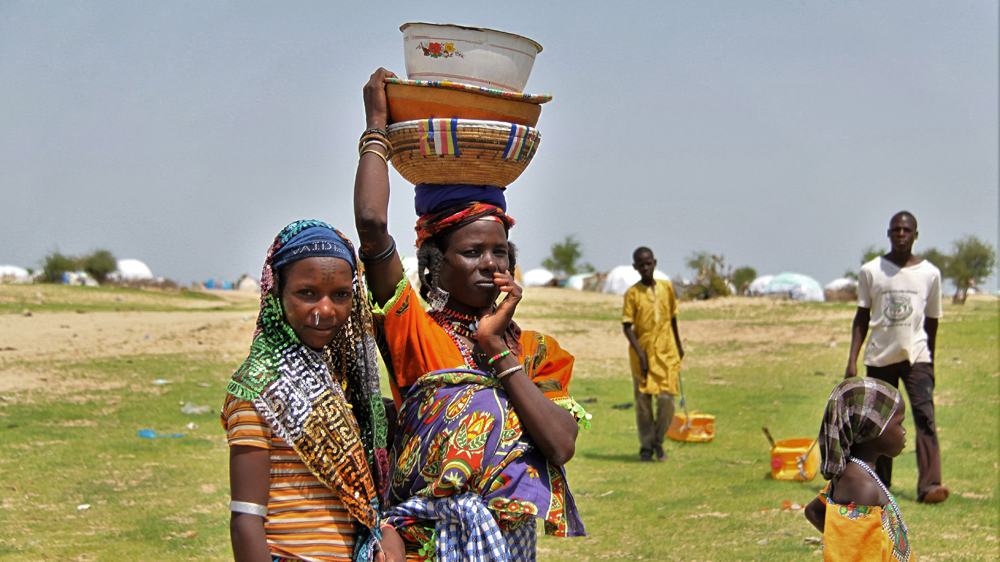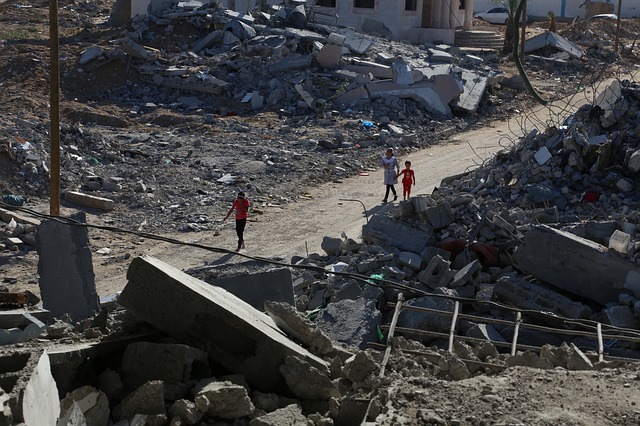World Bank Group Announces $200 billion over Five Years for Climate Action
The World Bank Group today announced a major new set of climate targets for 2021-2025, doubling its current 5-year investments to around $200 billion in support for countries to take ambitious climate action. The new plan significantly boosts support for adaptation and resilience, recognizing mounting climate change impacts on lives and livelihoods, especially in the world’s poorest countries. The plan also represents significantly ramped up ambition from the World Bank Group, sending an important signal to the wider global community to do the same.
“Climate change is an existential threat to the world’s poorest and most vulnerable. These new targets demonstrate how seriously we are taking this issue, investing and mobilizing $200 billion over five years to combat climate change,” World Bank Group President, Jim Yong Kim said. “We are pushing ourselves to do more and to go faster on climate and we call on the global community to do the same. This is about putting countries and communities in charge of building a safer, more climate-resilient future.”
The $200 billion across the Group is made up of approximately $100 billion in direct finance from the World Bank (IBRD/IDA), and approximately $100 billion of combined direct finance from the International Finance Corporation (IFC) and the Multilateral Investment Guarantee Agency (MIGA) and private capital mobilized by the World Bank Group.
A key priority is boosting support for climate adaptation, recognizing that millions of people across the world are already facing the severe consequences of more extreme weather events. By ramping up direct adaptation finance to reach around $50 billion over FY21-25, the World Bank will, for the first time, give this equal emphasis alongside investments that reduce emissions.
“People are losing their lives and livelihoods because of the disastrous effects of climate change. We must fight the causes, but also adapt to the consequences that are often most dramatic for the world’s poorest people,” said World Bank Chief Executive Officer, Kristalina Georgieva. “This is why we at the World Bank commit to step up climate finance to $100 billion, half of which will go to build better adapted homes, schools and infrastructure, and invest in climate smart agriculture, sustainable water management and responsive social safety nets.”
The new financing will ensure that adaptation is undertaken in a systematic fashion, and the World Bank will develop a new rating system to track and incentivize global progress. Actions will include supporting higher-quality forecasts, early warning systems and climate information services to better prepare 250 million people in 30 developing countries for climate risks. In addition, the expected investments will build more climate-responsive social protection systems in 40 countries, and finance climate smart agriculture investments in 20 countries.
“There are literally trillions of dollars of opportunities for the private sector to invest in projects that will help save the planet,” said IFC CEO Philippe Le Houérou. “Our job is to go out and proactively find those opportunities, use our de-risking tools, and crowd in private sector investment. We will do much more in helping finance renewable energy, green buildings, climate-smart agribusiness, urban transportation, water, and urban waste management.”
The new targets build on the World Bank Group’s 2016 Climate Change Action Plan. In 2018, the World Bank Group provided a record-breaking $20.5 billion in finance for climate action: doubling delivery from the year before the Paris Agreement and meeting its 2020 target two years ahead of schedule.
The World Bank Group will continue to integrate climate considerations into its work, including screening projects for climate risks and building in appropriate risk mitigation measures, disclosing both gross and net greenhouse gas emissions, and applying a shadow carbon price for all material investments.
To increase system-wide impact for countries, the World Bank Group will support the integration of climate considerations in policy planning, investment design, implementation and evaluation. It will also support at least 20 countries implement and update Nationally Determined Contributions and increase engagement with Ministries of Finance in the design and implementation of transformative low-carbon policies.
In key sectors, efforts will include:
· In Energy: Support the generation, integration, and enabling infrastructure for 36 GW of renewable energy and support 1.5 million GWh equivalent of energy savings through efficiency improvement;
· In Cities: Help 100 cities achieve low-carbon and resilient urban planning and transit-oriented development;
· In Food and Land-Use: Increase integrated landscape management in up to 50 countries, covering up to120 million hectares of forests.


























